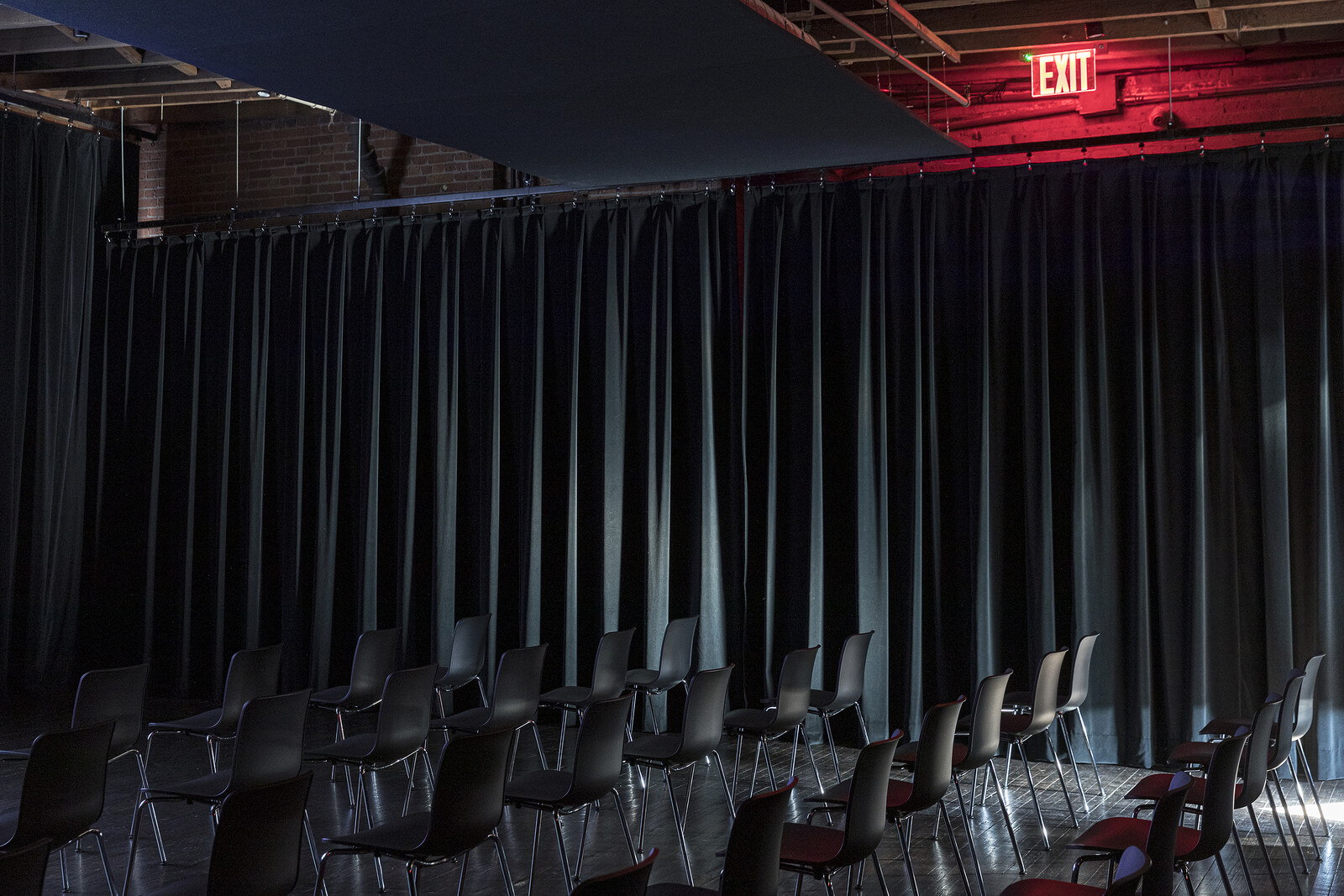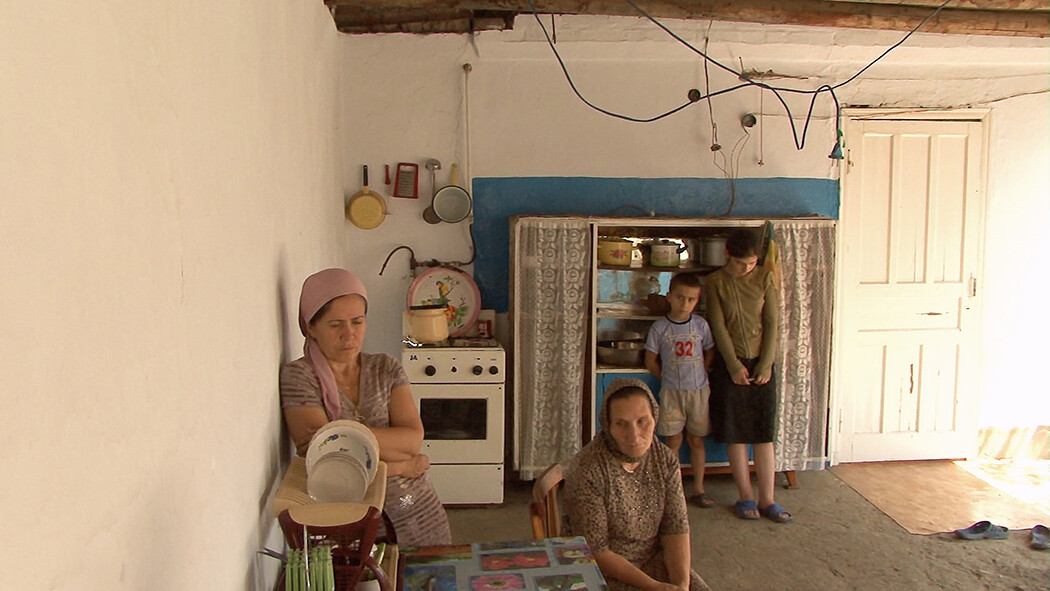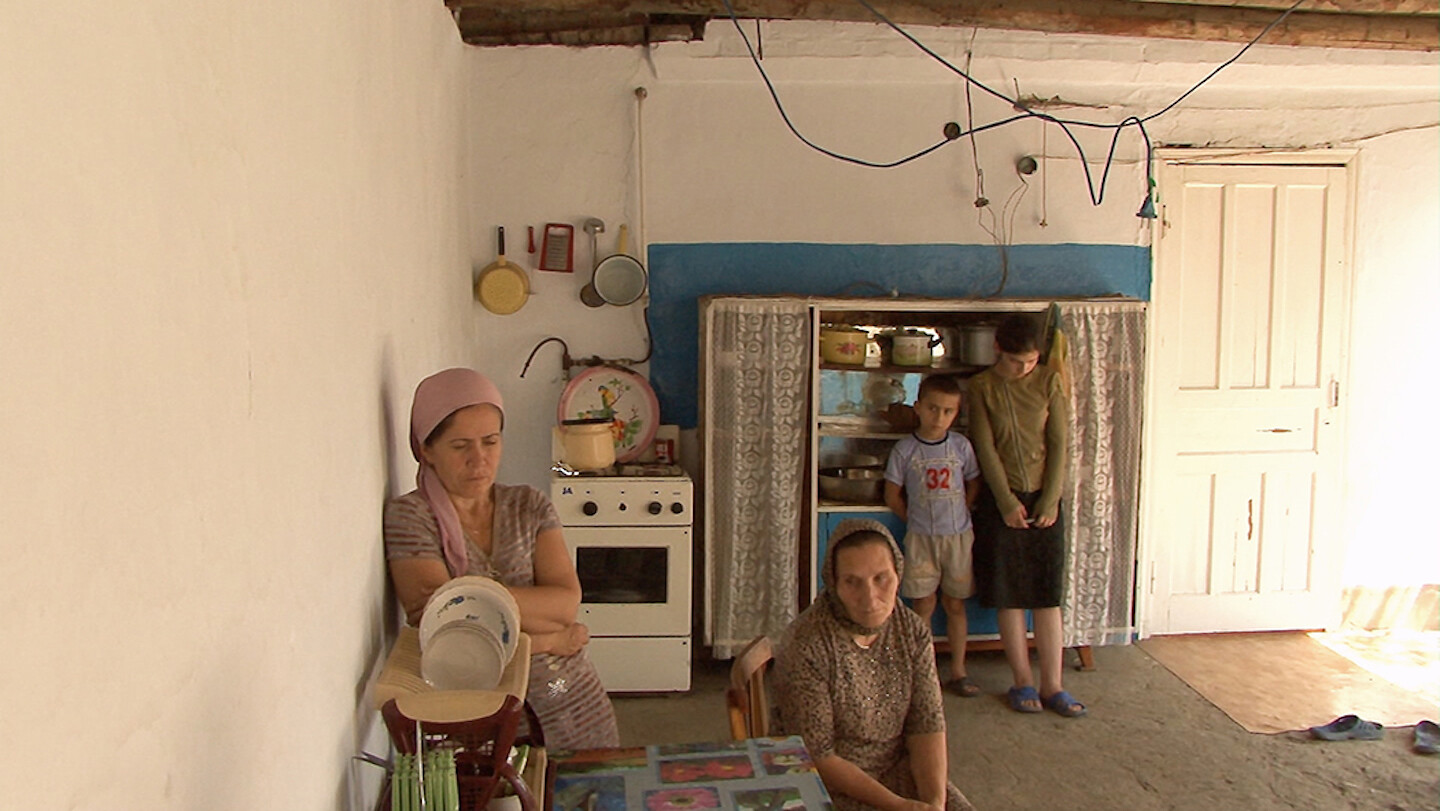Mantas Kvedaravičius Read Bio Collapse
Mantas Kvedaravičius was born in Biržai, Lithuania in 1976. He received a master’s degree in cultural anthropology from Oxford University and a PhD in social anthropology from Cambridge University, and taught at universities in Vilnius and New York. His debut documentary Barzakh (2011), based on field resreach and filmed in war-torn Chechnya, premiered at the Berlin Film Festival where it won the Prize of the Ecumenical Jury Special Mention and the Amnesty International Film Award, and went on to win Lithuania’s Best Documentary of the Year prize among a number of other awards from film festivals around the world. Kvedaravičius’s second documentary Mariupolis (2016) focused on daily life in the Ukrainian port city, which a year before the production of the film was at the forefront of the first stage of the Russian-Ukrainian war. The documentary screened at the Berlin Film Festival where it was nominated for the Amnesty International Film Award. In 2019, Kvedaravičius’s Parthenon, his third film—and first incursion into fiction narrative, albeit mixed with documentary techniques—premiered at the Venice Film Festival where in the Critics’ Week section. His feature narrative debut was based on three years of anthropological research among marginal communities in Odesa, Istanbul, and Athens. In March 2022, Mantas Kvedaravičius was working on his second fiction film G.O.M.A. in Uganda, when he decided to return and film in Mariupol, where he was subsequently detained and killed by Russian forces.


